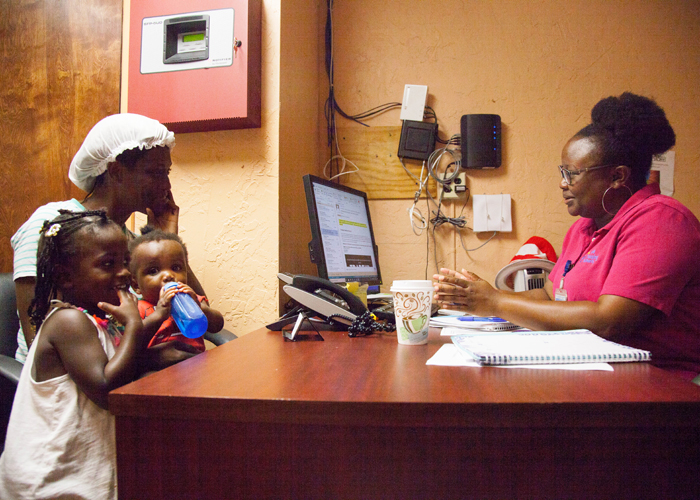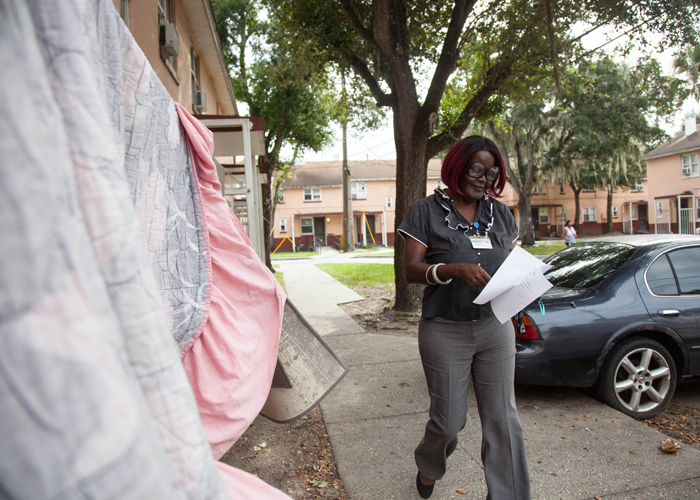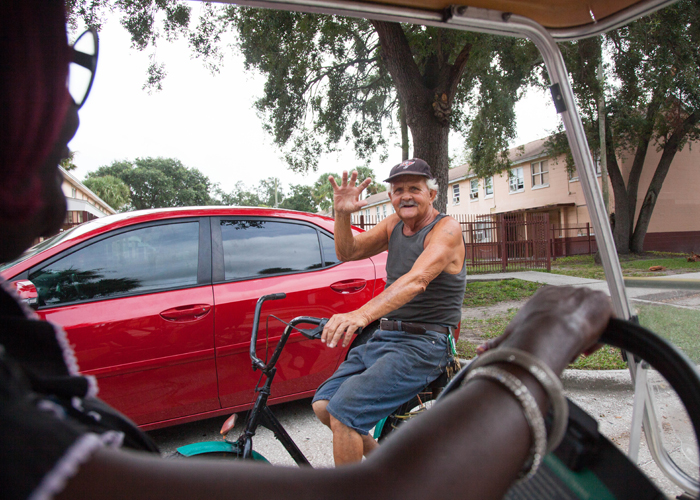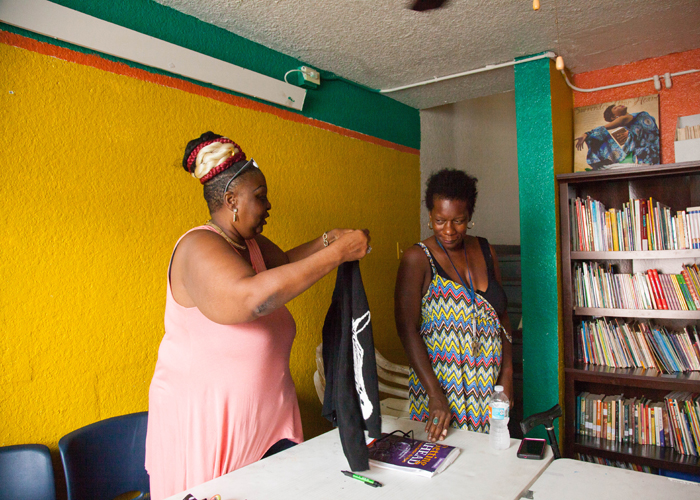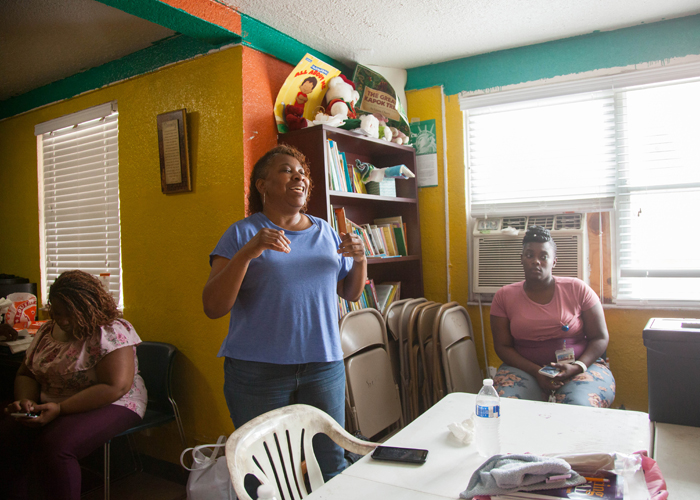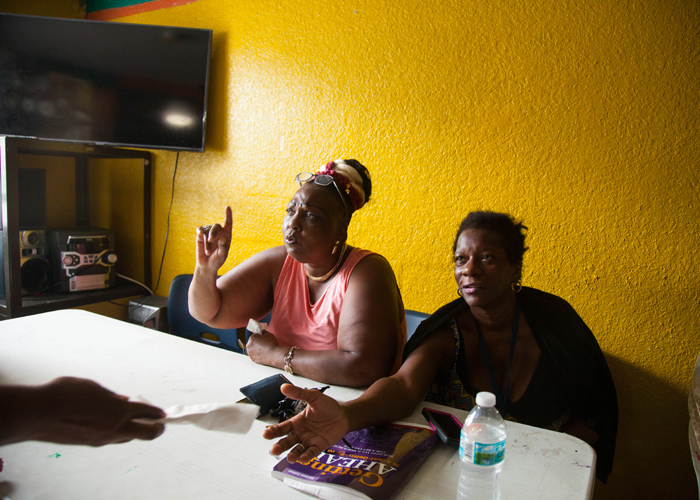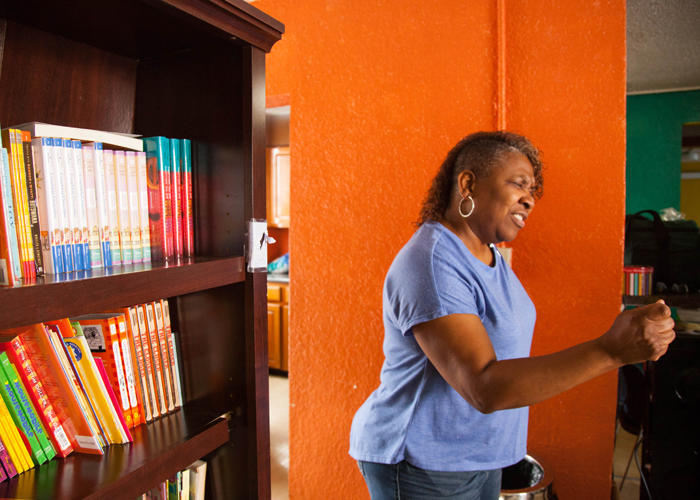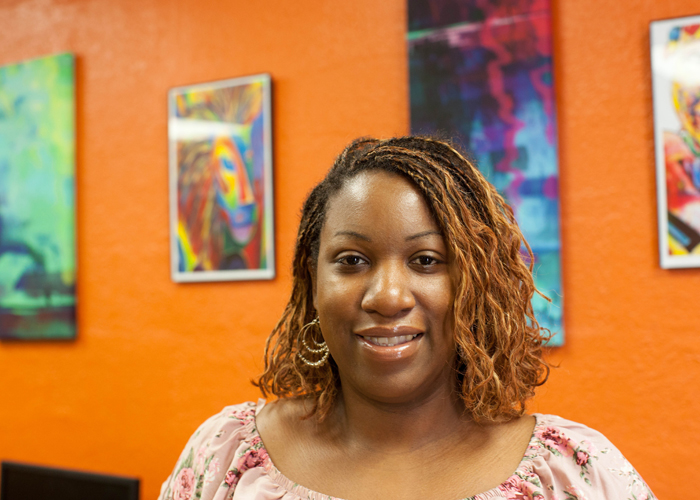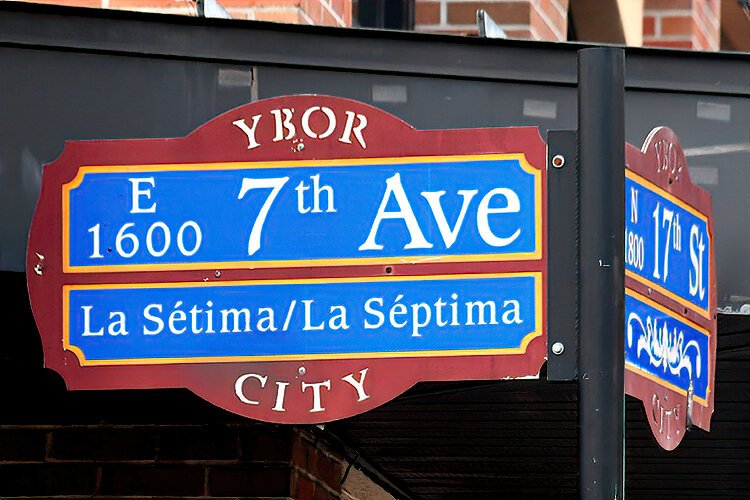For Good: Jobs Plus Initiative bolsters family incomes at Robles Park in Tampa
Thanks to a federal grant, the Tampa Housing Authority is working with Robles Park public housing residents to take a deeper dive into employability skills and how-to network with potential employers. Many residents are getting jobs and feeling a measure of success.
The Tampa Housing Authority Jobs Plus Initiative (JPI) aims to support public housing residents in their transition to the jobs market — or to better jobs — and is seeing results. Since the program began in 2017, 75 residents have obtained employment.
Funded through Housing and Urban Development (HUD), the $2.5 million program specifically targets residents of Robles Park Village, the oldest public housing community in Tampa yet to be redeveloped, and teams up with Career Source Tampa and multiple partners to provide an array of job- and finance-related services to the residents. Also onboard, importantly, are employers looking to hire.
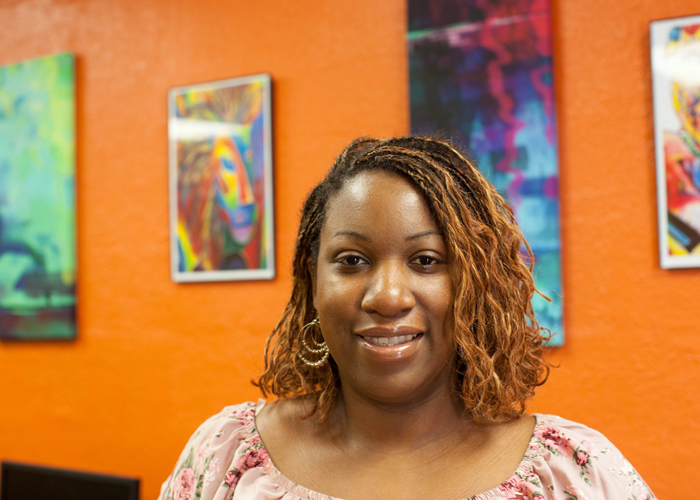
“We are promoting a community of individuals getting jobs and maintaining them. Not just any job, but career employment that is meaningful and ultimately with living wages so they can take care of their families,” says Keara Thompson, Program Manager for JobsPlus.
Catch-22 eased with JobsPlus program
There is a Catch-22 in the world of public housing. Residents’ rent subsidies and other services they may receive are inversely tied to their income. So if their income increases, their rent can jump, they can lose access to food stamps and other important services like daycare for their children or Medicaid, even if the new income doesn’t make up for the difference. This can be a powerful disincentive for getting a job or a better-paying one, especially when it is difficult to judge the medium- or long-term stability of a new job.
JPI participants who have successfully gained employment through the program earn between $8.25-$20 per hour. So even at the high end, there is still a gap to reach the threshold of a living wage — deemed $27.93 per hour in Tampa Bay for a family of three (one adult, two children).
Undergirding the success of the JobsPlus program is that for residents who obtain a job through the initiative, rent is frozen for the duration of the program — a total of four years, ending in 2021. This gives them a chance to build their careers and salaries, with the hope of even putting away savings toward homeownership in the future, without the extra cost of rent.
Partners help fill in other gaps. For instance, especially relevant in Tampa is the issue of transportation. According to JPI partner Wheels of Success’ website, “Tampa is the highest cost metropolitan city in the country for transportation costs. Forty percent of the working poor’s income is spent on transportation as opposed to 24.6 percent of the general population’s.”
The organization helps residents obtain cars. Other partners help with providing appropriate working attire and childcare.
Building a culture of employment
“We focus on career development. Making sure they have a resume, knowing what they should have in the resume, matching them up with their interest. Gather their thoughts and focus on what they want to do in life, how to dress, how to use proper grammar when communicating, how to deal with conflict, and maintaining employment,” says Thompson, the JPI program manager. “It’s difficult to change behaviors so we just continue to advocate to residents the benefits of maintaining self-sufficiency and moving forward with their lives.”
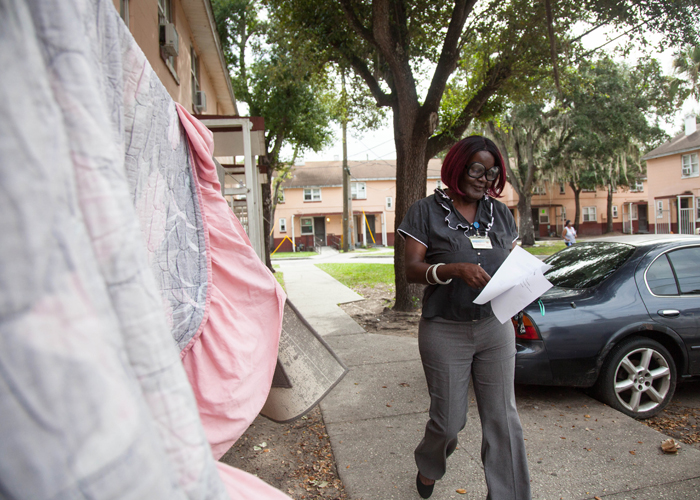
“What I found is that the residents really want to work,” says Reva Iman, a resident of Robles Park who was hired as a JPI Community Coach, serves as a cheerleader of sorts for the program, recruiting and communicating the workshops and benefits of JPI to residents. “The residents love the program but some are afraid of coming out their comfort zone, afraid to lose benefits.”
A once homeless, transgender single woman, Iman says she is very passionate about helping her fellow residents whom she considers family. “We are all in it together,” she says.
To prepare for the future, and thanks to the support of JPI, Iman is enrolled at Hillsborough Community College (HCC) Ybor studying counseling and human services. She plans to eventually transfer to the University of South Florida.
The Jobs Plus program offers a volume of workshops that target hard and soft skills for finding employment and financial independence. Residents can bolster their educational credentials by accessing classes onsite to obtain their GED, financial literacy, how to prepare to be a homebuyer and counseling on how to apply and access funds for higher education (residents can attend Hillsborough Community College at no cost, for instance). Onsite digital literacy and computer classes – including certification – on Microsoft Office, blogging and cyber security are available as well as a computer lab for residents.
In addition to hiring events onsite, several of the participating employers, such as T-Mobile, Wawa, Enterprise, and Verizon, to name a few, come to Robles Park and give workshops, not just on job opportunities, but on employability skills, networking, and training to help prepare residents.
Entrepreneurship and specific job-skill training are available as well. Residents can learn video production or train to become a home health aide. The Early Learning Coalition offers classes on how to start your own in-home daycare. Several residents recently participated in training on the business of hair-braiding, including how to get a license in the state of Florida. JPI will cover the cost of the license.
Employing youth and residents with background challenges
The initiative extends to those who are often left on the sidelines.
ProjectLink targets employment opportunities for teens ages 14-17. Thompson says that a lot of youth want to support income coming into the household.
“If they are at an age where they can work, we definitely want to encourage that, to help encourage and support independent living and self-sufficiency. It’s critical to life in general,” says Thompson.
Getting a job, she says, definitely helps boost their confidence and gives them a sense of independence.
Another partner, XOFactor, works with residents who have a conviction in their background, providing services around the restoration of rights, voter registration, expunging of records. The program exposes residents with background challenges to employers who are ready and willing to give those individuals employment opportunities.
What success feels like
Robles Park resident LaCoya Williams, a mother of four, lost her job at Walmart when her parents got sick and she needed to take a leave of absence to care for them. When she was able to return, her paperwork had been lost and she was out of work for several months.
Thanks to the JPI program, she has been working at Wawa for over a year now. She is also gearing up to go back to school to study social work. Her oldest son, 20, recently got a job at Save-A-Lot, though not through the JPI program. Nevertheless, their rent is still protected under the JPI rules because the head of household is a participant.
“I feel like the program is setting me up for success in the future,” says LaCoya Williams. “I don’t like living here and I don’t plan on being here too much longer, I want to make sure I am taking advantage of every opportunity so I can stand on my own.”
Williams says that freezing her rent, was “highly important” and she hopes that cushion will eventually allow her to become a homeowner. She has taken the “First-time homebuyer” workshop and is currently signed up for the “How to manage your finances” workshop.
“Last year was the first year, everything under the Christmas tree, I bought myself,” continued Williams. “I can’t explain to you what that meant to me — I can’t tell you how great that made me feel.”
Williams says her manager at Wawa is trying to train her for a management position. How does she like her job?
“I love it!” says Williams enthusiastically.
To learn more about the Jobs Plus Initiative and other programs designed to eliminate poverty, visit the websites for the Tampa Housing Authority, Wheels of Success, Project Link, Early Learning Coalition, and Second Chances Matter.

